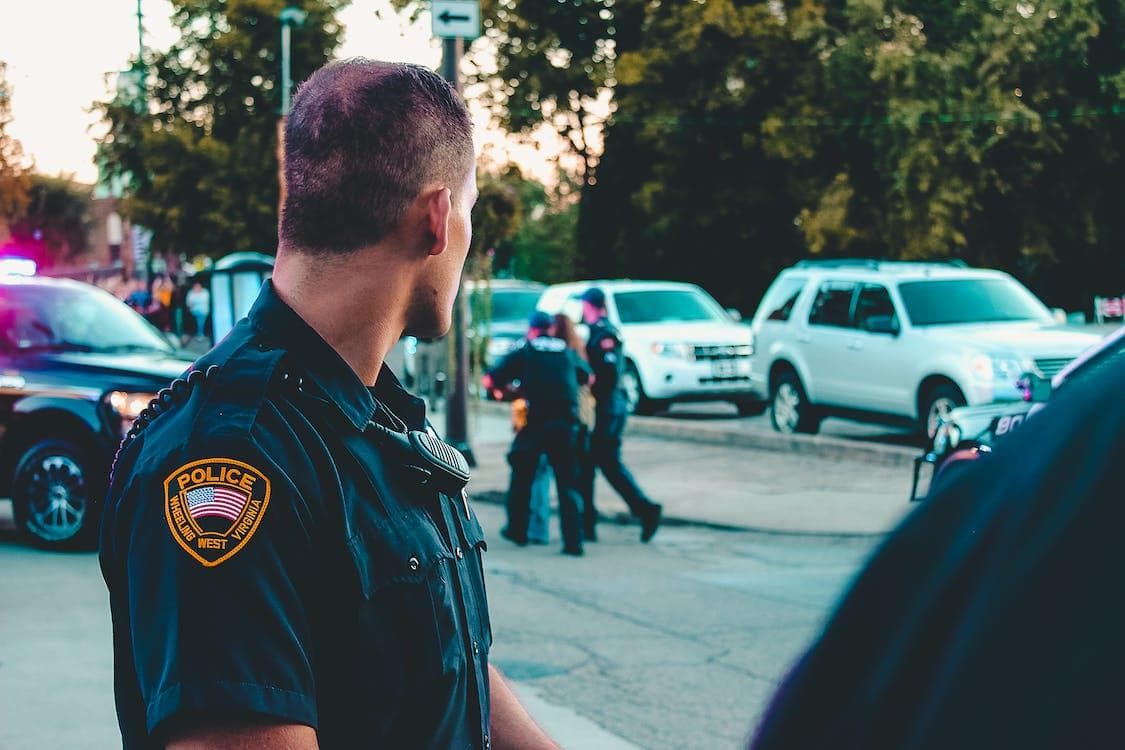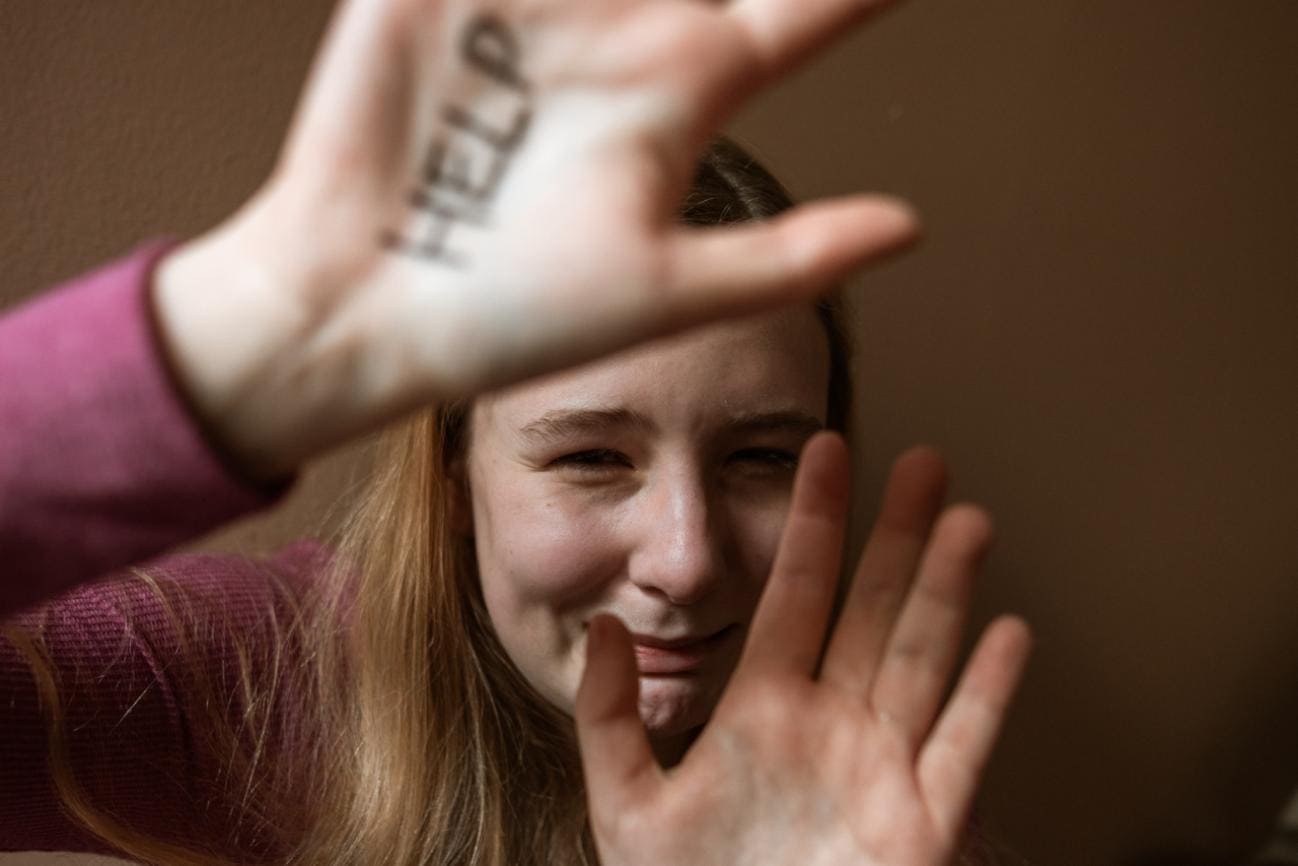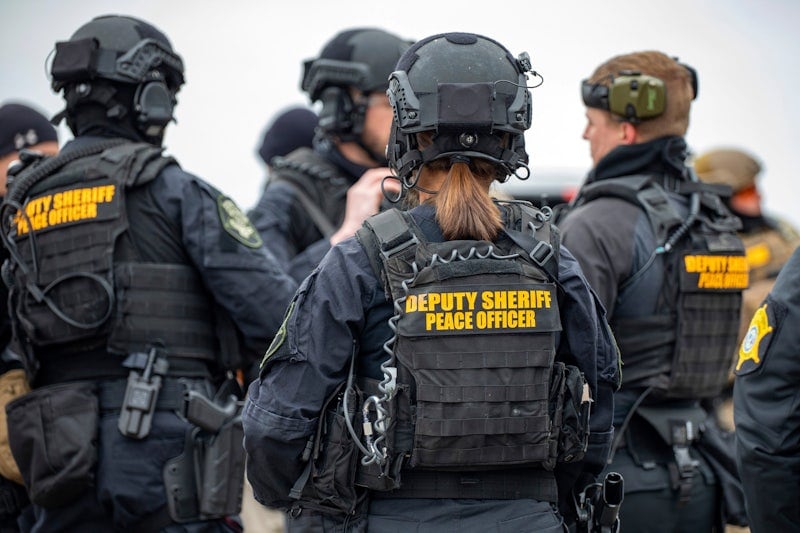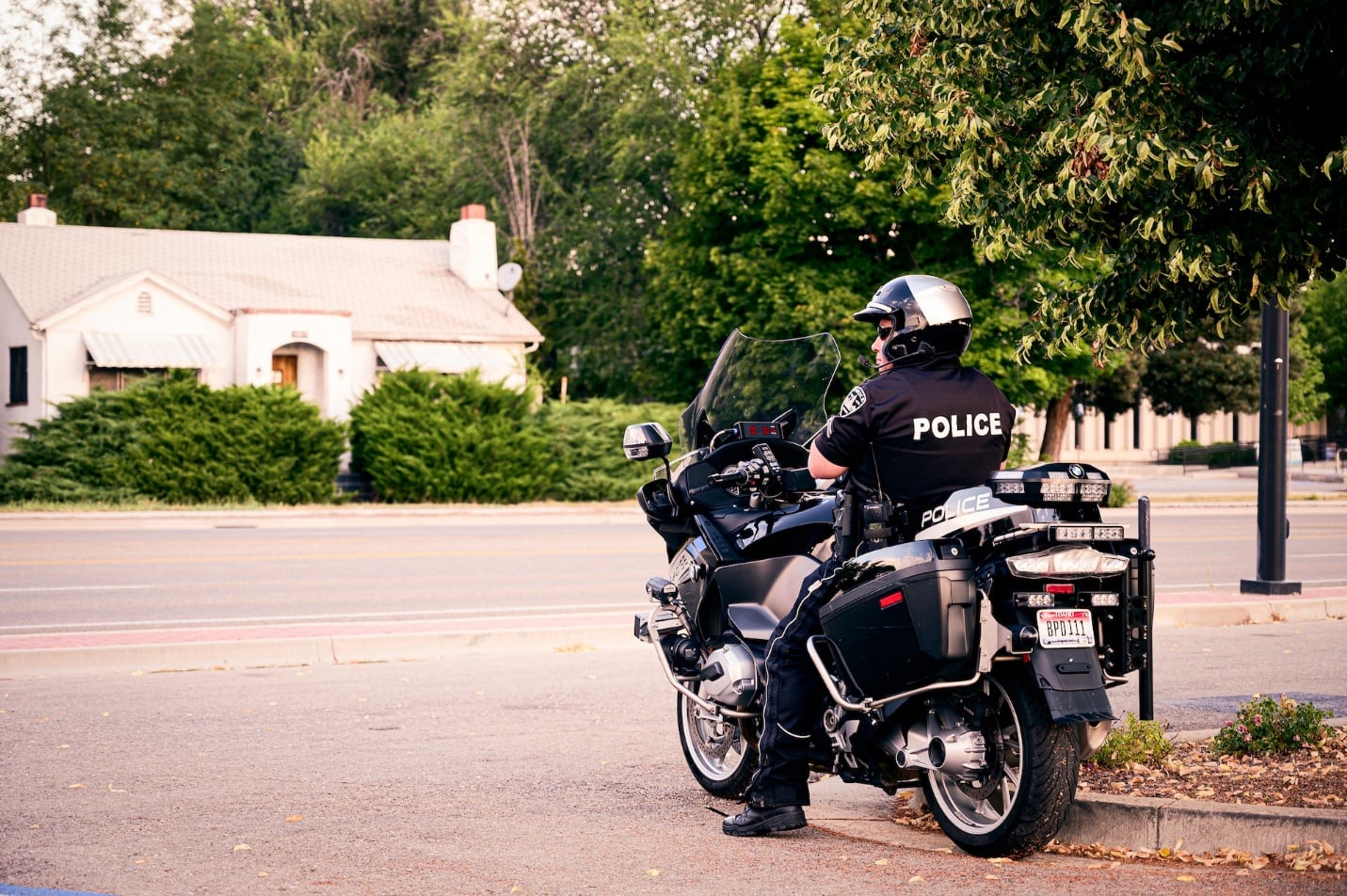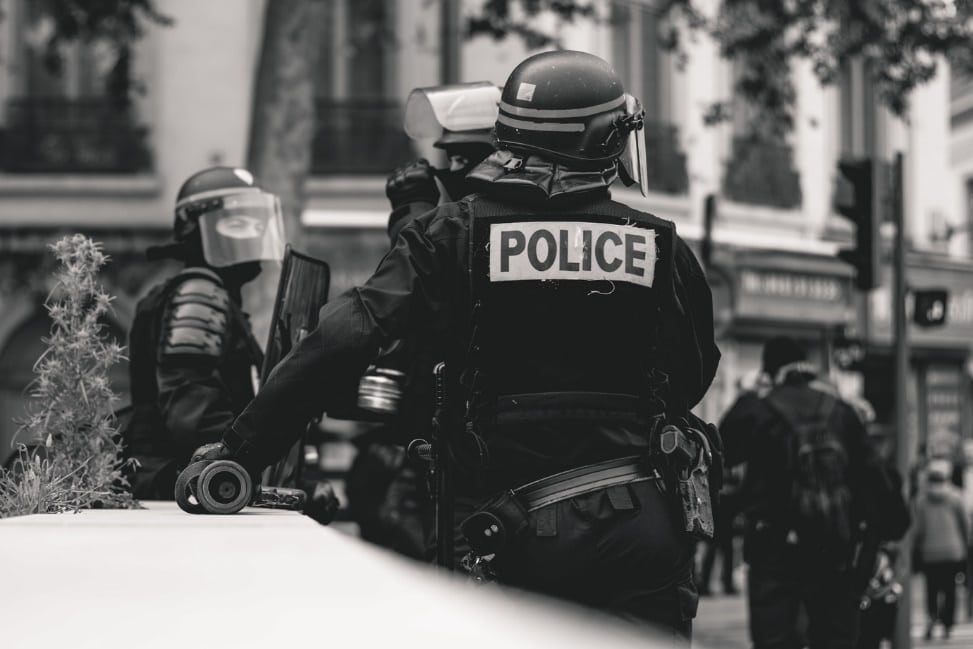Police brutality can leave lasting effects on a person’s mental health. While understanding these effects and seeking psychological help is necessary, you mustn’t forget to take appropriate legal action. An expert police brutality lawyer can help you understand the legalities and seek justice. This blog post explores common psychological effects and what it requires to seek legal help.
The Hidden Wounds of Police Brutality
The physical effects of police brutality are visible. However, its lasting psychological effects need just as much healing. Understanding these hidden wounds can help you navigate the next steps.
Here are the most common psychological effects of police brutality:
1. Post-Traumatic Stress Disorder
Post Traumatic Stress Disorder, or PTSD, is a common mental health condition in victims of police brutality. This stress-related disorder occurs in various trauma survivors.
Flashbacks and nightmares are the most common manifestation of PTSD. You might relive the experience in their memories or have vivid nightmares about the incident. The overall stress disrupts sleep and increases your stress like a never-ending cycle.
Victims of police brutality are also observed as hyper-vigilant. You might feel constant alertness to potential threats, which can be taxing. Moreover, panic or anxiety attacks also become common, and you might find it hard to relax.
2. Depression
Depression is another common psychological impact of police brutality. The trauma might trigger your sense of helplessness and worthlessness. The hope for a brighter future seems to diminish, and the things that once brought joy might hold no meaning. The downward spiral of despair and isolation might continue if you don’t seek professional help.
3. Anxiety Disorders
Anxiety disorders are just as devastating as PTSD and depression. A person’s heightened constant fear and worry leads to panic attacks and bad decision-making. Moreover, you might fear appearing in public or dealing with a general audience. Seeking professional help is necessary to remedy these effects and regain your ability to interact and move forward socially.
4. Loss of Trust
When your protectors turn into your perpetrators, trusting anyone becomes tough. That’s understandable, especially with police brutality cases. You might feel detached from society, and the sense of not belonging anywhere might seem overpowering. Furthermore, the increased paranoia can also have lasting impacts if you don’t seek help immediately.
Begin your healing journey and let your Colorado police misconduct attorney handle all the legalities.
5. Survivor’s Guilt
Survivor’s guilt is a real trigger, especially when other victims with you don’t survive the brutality. This profound guilt may also make you question your inadequacy for not saving others. However, in such times, it’s crucial to acknowledge this guilt while realizing that your perpetrators are the only people at fault.
6. Anger and Hostility
It’s common to have pent-up anger and hostility against the event or the perpetrator. However, when you don’t effectively channel this anger, it might lead to constant conflicts. You might have increased fights with your loved ones or constantly think about retaliation. Such thoughts and actions only worsen your mental health.
7. Substance Abuse
Substance abuse, including alcohol and drugs, is another psychological effect on victims of police brutality. Escaping reality and numbing the pain have long been the most devastating coping mechanisms. Ultimately, these habits only lead to further worsening of mental health.
Understanding all these psychological impacts of police brutality is essential. These hidden wounds deserve the same attention, care, and compensation as physical wounds. Your Denver police assault lawyer can help you seek justice for these long-lasting and deep scars.
How to Take Legal Action Against Police Brutality
Healing from your psychological wounds is essential, but taking legal action alone can be even more taxing. Therefore, you need an expert police brutality lawyer to help you seek justice. Here’s how you can navigate this path of legal action:
- Seek Legal Counsel: When filing a lawsuit against police brutality, seek a Denver police assault lawyer who’s experienced with such cases but also exhibits sensitivity. A sympathetic attorney will listen to your story, respect your pain, and work hard to protect your rights and seek justice.
- Build a Supportive Network: Legal proceedings can be emotionally demanding. Thus, gather a supportive network of friends, family, and advocacy groups around you. Share your thoughts and feelings with them, as their compassion and support can help you gain emotional strength and resilience.
- Know Your Rights with Empowerment: Knowing your rights as a victim of police brutality is liberating. Your Colorado police misconduct attorney can walk you through the legal procedure, explaining what to expect at each step. Knowing your rights can help you keep control and lessen anxiety during this difficult journey.

Contact BLG for an Expert Police Brutality Lawyer
The emotional and mental wounds of police brutality incidents are long-lasting and more challenging. Choose a compassionate police brutality lawyer who can be sensitive to your needs while seeking justice.
At BLG, any Denver police assault lawyer you hire has traits of compassion and intelligence. We want to help our clients while being intuitive to their needs. We will guide you throughout the process so that you can heal from your wounds and get justice.
Contact us today for a free consultation session.

